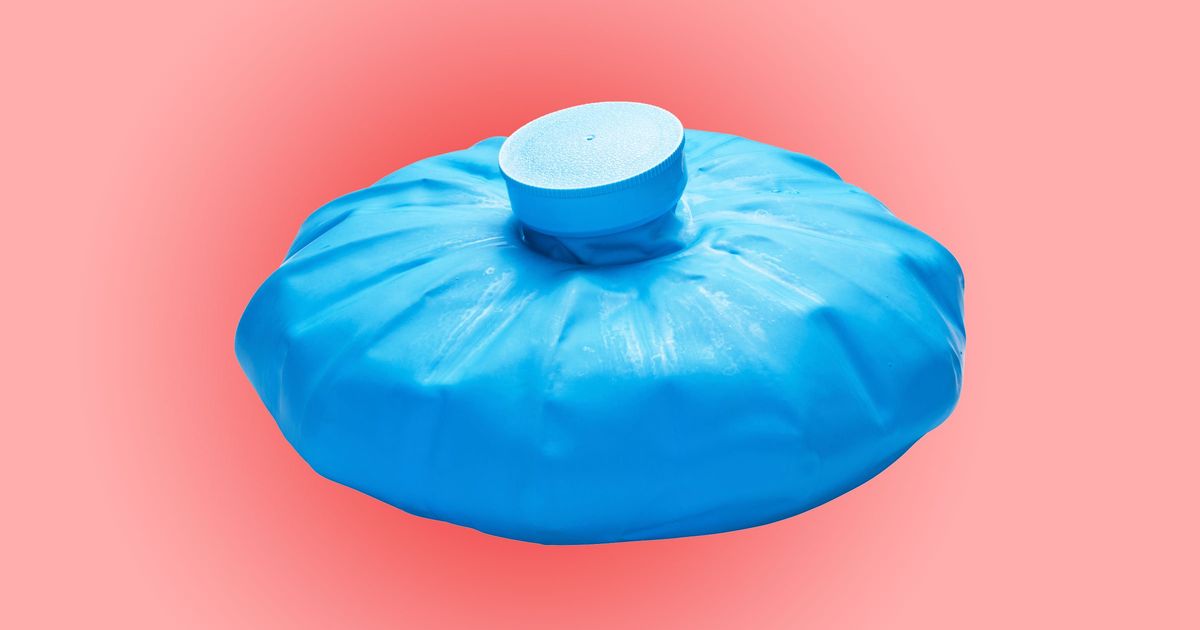Simple Tips For Treating Hives
Immunosuppressants

Doctors recommend immunosuppressants for patients who do not respond to other medications. While most cases of hives will not need them, immunosuppressants can be particularly helpful for patients who have a rare form of hives known as chronic idiopathic urticaria. With this condition, hives can be present for two to three years without relief, and no specific trigger can be identified. Currently, the immune-suppressing drug omalizumab is one of the most beneficial treatments for chronic hives. A doctor administers it through a subcutaneous injection just underneath the surface of the skin. Injections must be repeated every two to four weeks. Typically, the side effects of the medicine include nausea, coughing, headaches, joint pain, and swelling of the throat, sinuses, or nose. In rare cases, the drug may also cause inflammation of the blood vessels, fever, aching muscles, and heart problems. Any of these serious side effects should be reported immediately.
Discover more treatments for hives now.
Home Remedies

In addition to medications, home remedies can help reduce swelling and pain, and these are particularly helpful for patients with acute or mild hives. Wearing loose clothing keeps fabric from touching the skin and can lessen pain. Using cold compresses or ice packs can also alleviate swelling and soothe the skin. Taking cool showers may also be useful for pain relief. Aloe vera gel is a common home remedy believed to have soothing effects for hives. In addition, some studies have suggested colloidal oatmeal can stop itching and reduce skin inflammation over small areas. Colloidal oatmeal is very finely milled oatmeal placed in a liquid or gel suspension. It is available in lotions and special formulations for bathing. Some experts believe complementary medicine therapies such as meditation, deep breathing exercises, and progressive muscle relaxation can help in alleviating the pain that may result from hives. For hives caused by food, medication, or insect bites, avoiding triggers is especially important to keep swelling and pain from increasing and to avoid the formation of new hives.
Get familiar with the next strategy for treating hives now.
